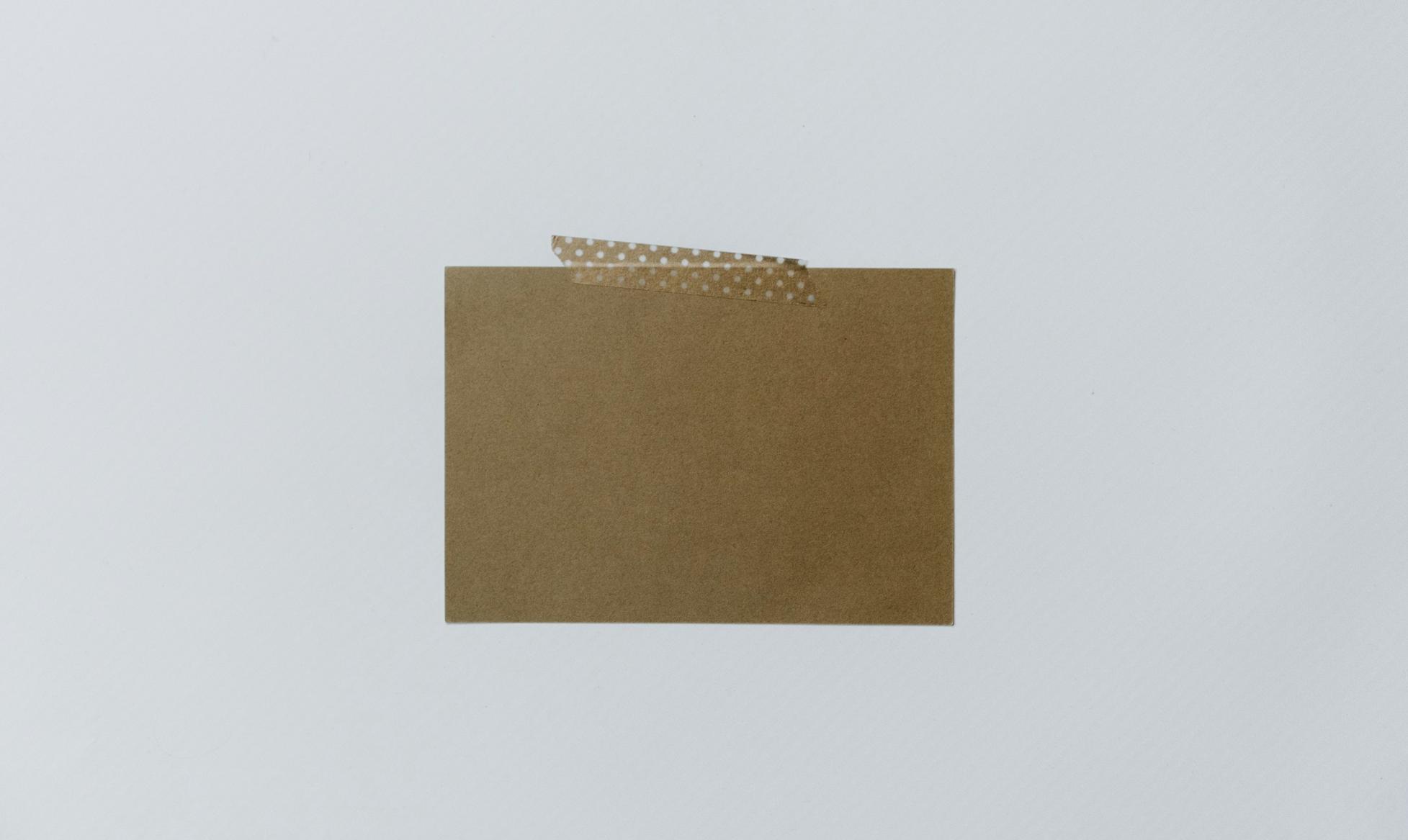
Halvorian Quintho
Principal Architect & Founder
Where it all started...
Crafting Tomorrow's Spaces with Today's Vision
Look, I won't bore you with the usual "passion for design" spiel. Truth is, I started this whole thing back in 2011 after getting fed up with how most firms treated sustainability like some kind of add-on feature instead of, y'know, the foundation of everything we should be doing.
Grew up in a family that built homes the old-fashioned way – my grandfather was a carpenter who could eyeball measurements better than most lasers. He taught me that good design isn't about fancy renders or winning awards (though those are nice). It's about creating spaces that actually work for the people living in them, and doing it in a way that doesn't wreck the planet for future generations.
Our Design Philosophy
We believe architecture should respond to its environment, not dominate it. Every project starts with listening – to the land, to the client, to what the space wants to become. Sounds a bit hippy-dippy maybe, but honestly, some of our best ideas came from just shutting up and observing for a while.
Sustainable design isn't a trend for us – it's just how we work. Passive solar orientation, locally-sourced materials, natural ventilation systems... these aren't expensive luxuries, they're common sense wrapped in good planning.
The Journey So Far
2011 - The Beginning
Started the studio in a cramped office above a cafe on Queen West. Just me, a drafting table, and way too much coffee. First project was a residential renovation that taught me more about plumbing disasters than I ever wanted to know.
2014 - First Big Break
Landed a commercial project for an eco-conscious tech startup. They gave us creative freedom and a decent budget – rare combo. That building's still running on 60% less energy than comparable spaces in the area.
2017 - Team Expansion
Brought on three talented folks who actually knew what they were doing with digital modeling. Suddenly we could tackle multiple projects without me losing my mind. Game changer.
2019 - Sustainability Focus
Launched our sustainable design consulting service. Turns out there's huge demand for architects who can navigate green building certifications without making it a bureaucratic nightmare.
2023 - Present Day
We're now a team of twelve working out of a properly-sized space (still on Queen West though – can't leave the neighborhood). Projects range from single-family homes to mid-sized commercial buildings, all with that same sustainability-first approach we started with.
What Drives Us
Honest Materials
We're kinda obsessed with materials that don't pretend to be something they're not. Wood looks like wood, concrete embraces being concrete. No fake stone veneers or plastic masquerading as natural materials.
Local First
Why ship materials from halfway across the world when Ontario's got incredible resources? Plus, local suppliers actually return your calls when something goes sideways on site.
Long-term Thinking
Buildings should last. Not just structurally, but functionally. We design spaces that can adapt as needs change – rooms that work for different purposes, systems that can be upgraded without ripping everything out.
Real Sustainability
Not the greenwashing kind. We're talking actual performance metrics, energy modeling, lifecycle assessments. The boring stuff that actually makes a difference.
"Architecture's got this weird reputation for being all about ego and signature styles. That's never been our thing. We're here to solve problems, create comfortable spaces, and hopefully leave the site better than we found it. If it looks good too? Well, that's just proper planning."
Working With Us
We're pretty straightforward folks. Initial meetings happen over coffee (or tea, no judgment) where we actually listen instead of pitching ideas before we understand what you need. Projects kick off with site analysis and programming – figuring out how you'll actually use the space rather than imposing some predetermined aesthetic.
Throughout the process, you'll get regular updates without the architectural jargon. We use 3D models and physical mock-ups because "spatial flow" means different things to different people, but a walkthrough everyone can understand.
Yeah, we might push back if you want something that'll be a maintenance nightmare or energy hog. That's kind of our job. But we're also flexible enough to know that perfect shouldn't be the enemy of good – sometimes budget constraints mean compromising on the ideal solution, and that's okay.
Or just call us at (416) 555-0147 – sometimes a conversation's easier than filling out forms.